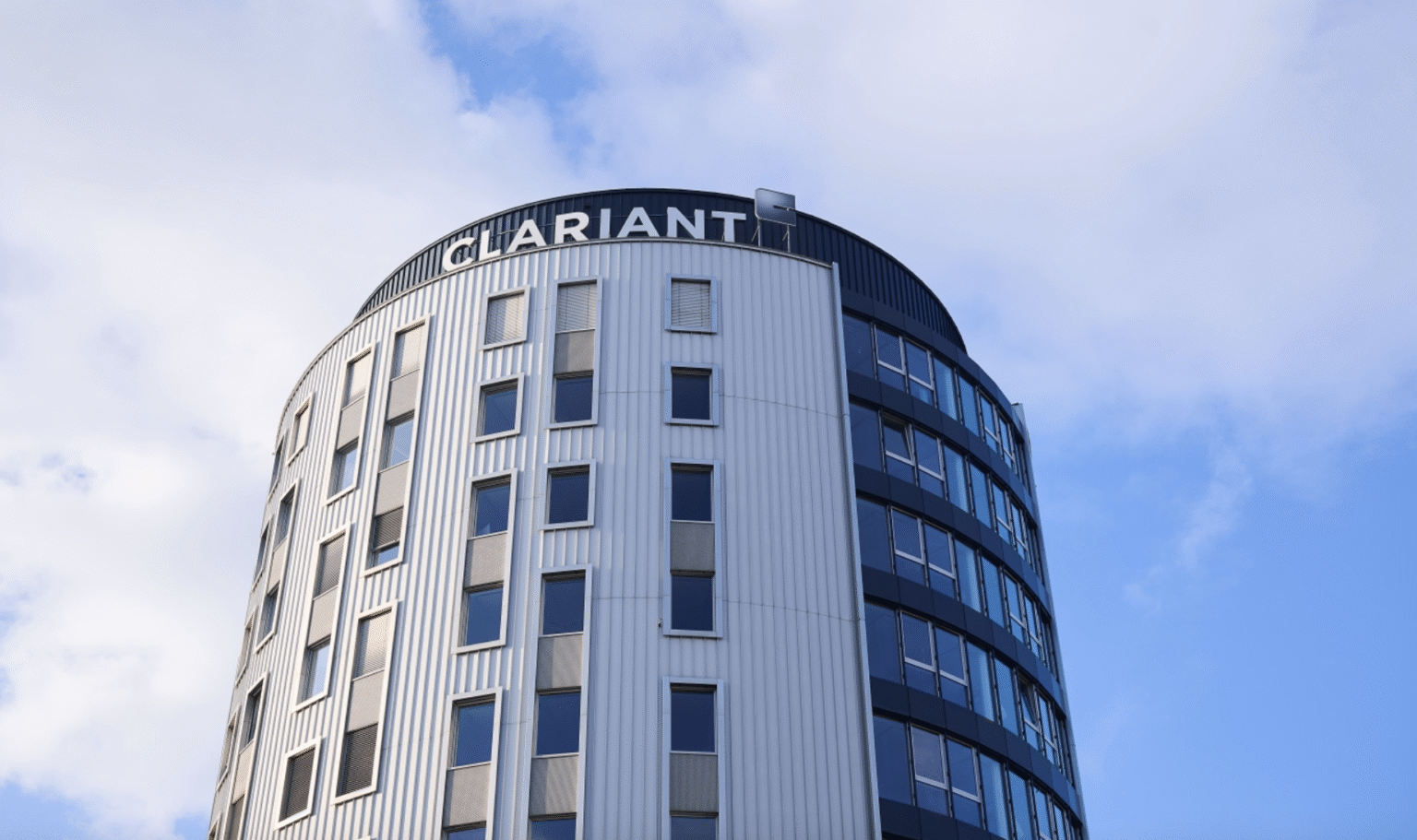Swiss specialty chemicals producer Clariant has rejected lawsuits filed in Germany by BP Europe SE and ExxonMobil Petroleum & Chemical B.V., which together seek €1.96 billion in damages. The claims arise from the European Commission’s 2020 decision that found several chemical companies had engaged in cartel practices in the ethylene purchasing market.
Background of the Claims
The lawsuits were filed in Munich and Dortmund, with BP claiming approximately €1.1 billion and ExxonMobil around €860 million. These cases are considered follow-on actions, relying directly on the Commission’s cartel finding as a legal basis.
In July 2020, the European Commission concluded that Clariant, Orbia, Celanese, and Westlake colluded between December 2011 and March 2017 by coordinating price strategies and exchanging sensitive information. Unlike traditional selling cartels, this was a purchasing cartel, aimed at depressing the Monthly Contract Price (MCP) of ethylene to the detriment of suppliers.
Clariant’s Position
Clariant has firmly rejected the allegations and pledged to defend its position vigorously. The company maintains that it possesses strong economic evidence showing that the alleged conduct had no measurable effect on the ethylene market and caused no compensable damages to the plaintiffs.
This is not the first time Clariant has faced such claims. Other global chemical majors—including Dow Europe, BASF, Shell, TotalEnergies, OMV, and LyondellBasell—have also brought damages actions in connection with the cartel, collectively seeking several billion euros.
Regulatory Penalties and Leniency
In the 2020 decision, the European Commission imposed fines totaling €260 million on the cartel participants. Clariant received the largest penalty, approximately €155.8 million, reflecting both the seriousness of the infringement and its status as a repeat offender.
Westlake, by contrast, received full leniency immunity after voluntarily disclosing the cartel to the Commission.
